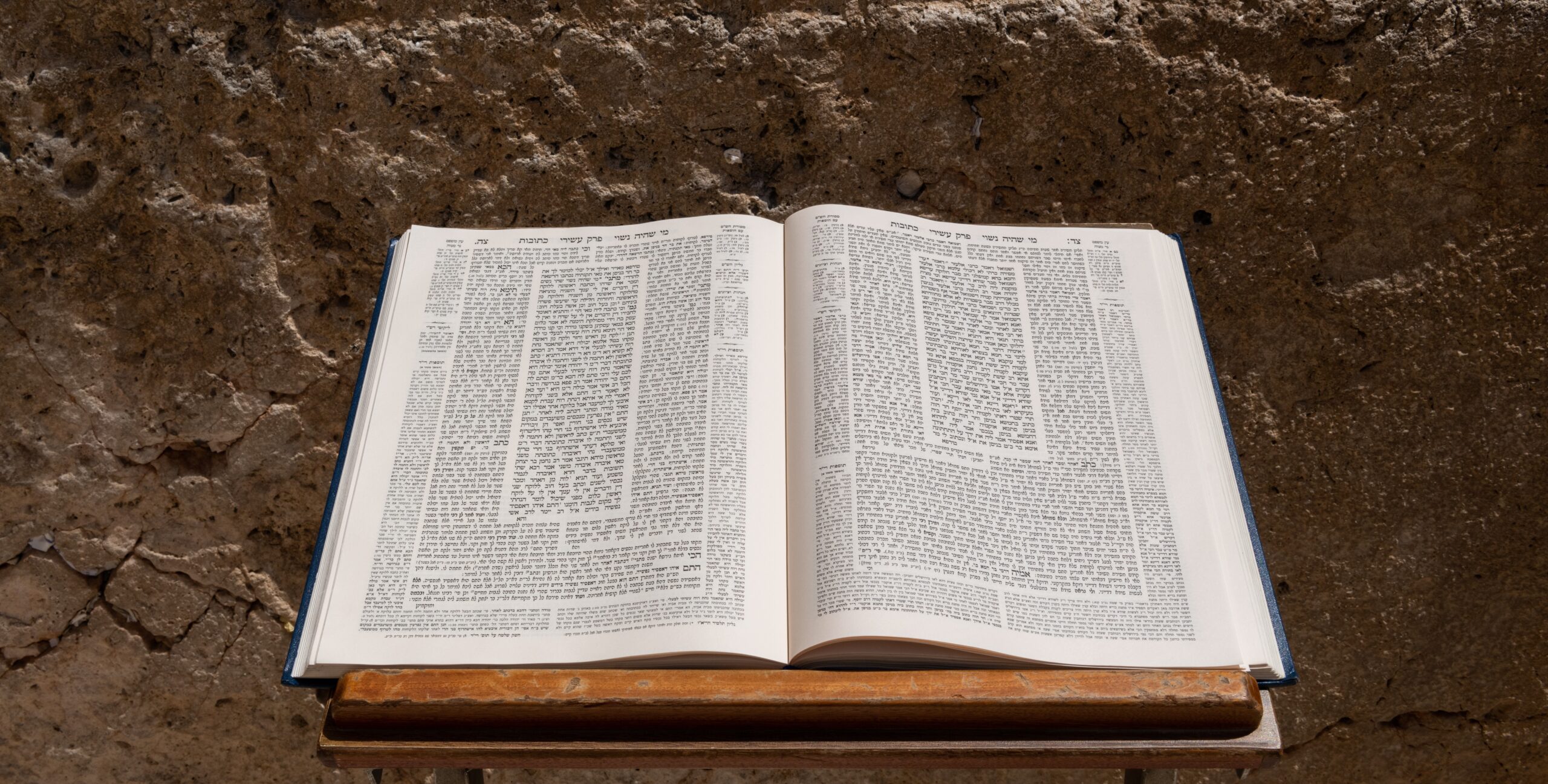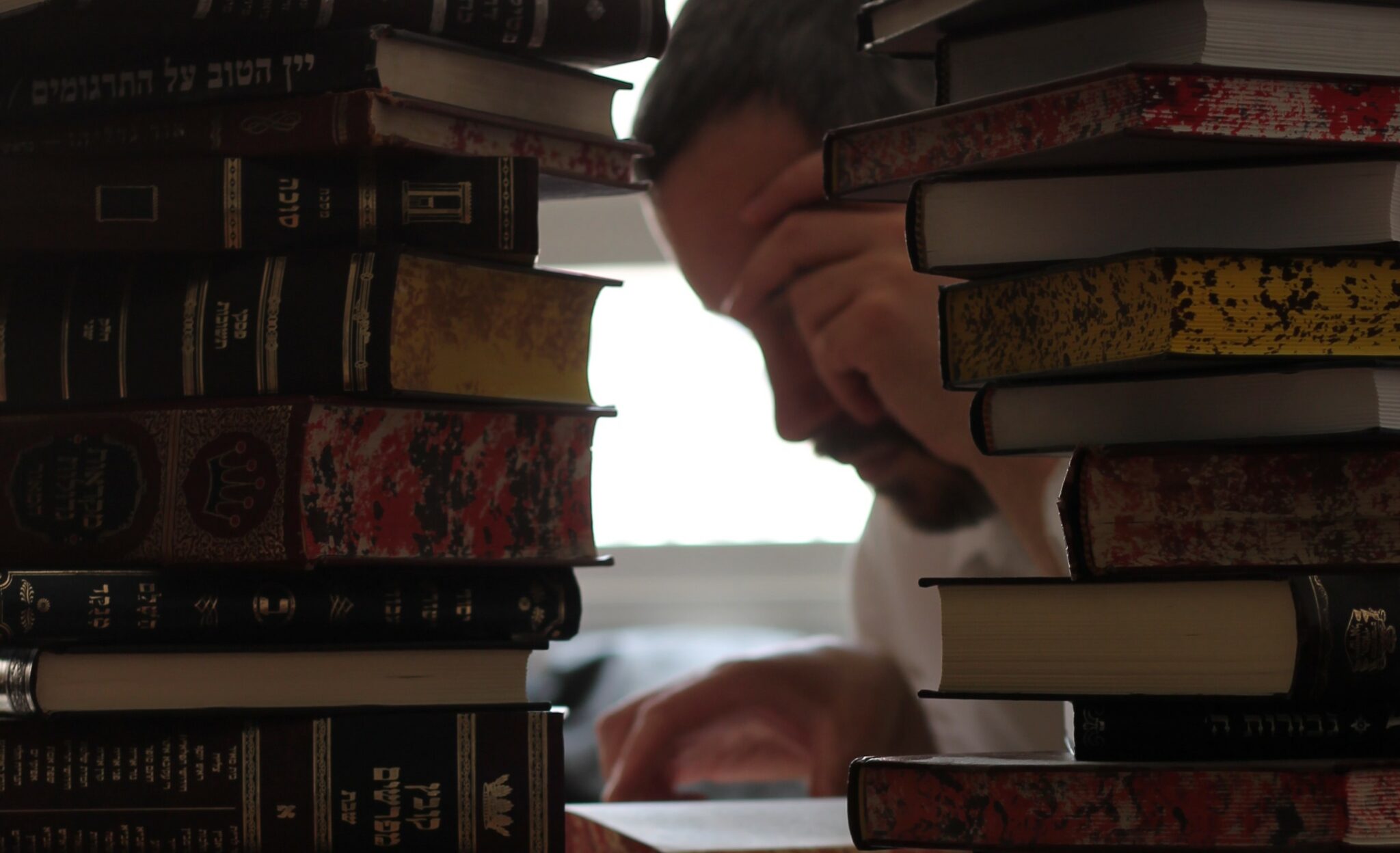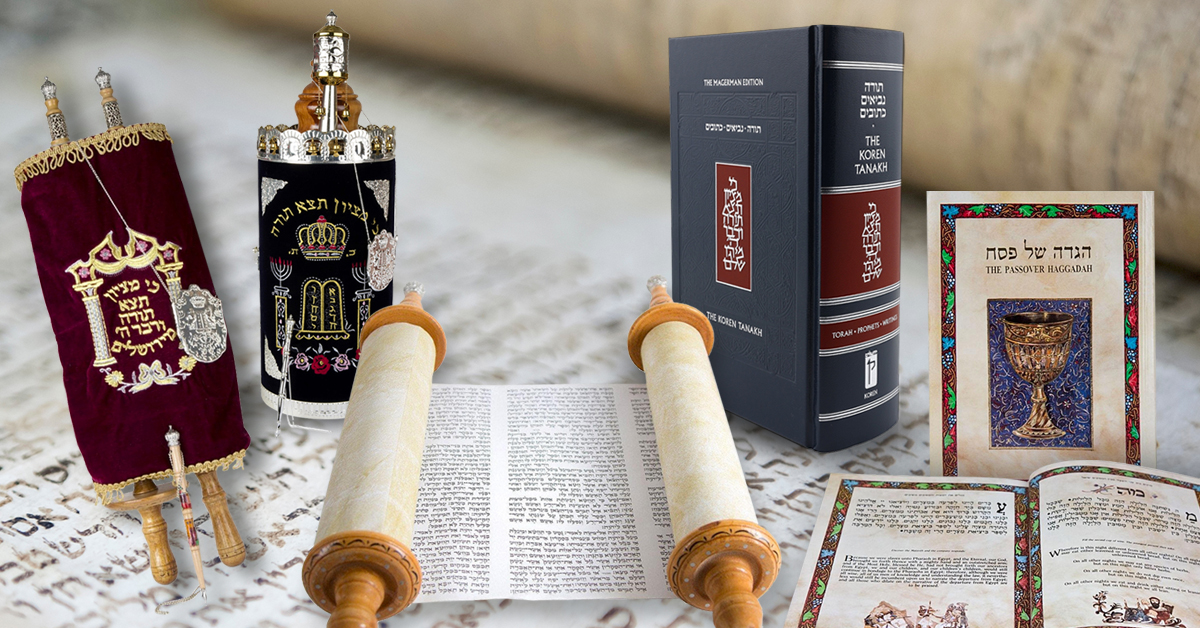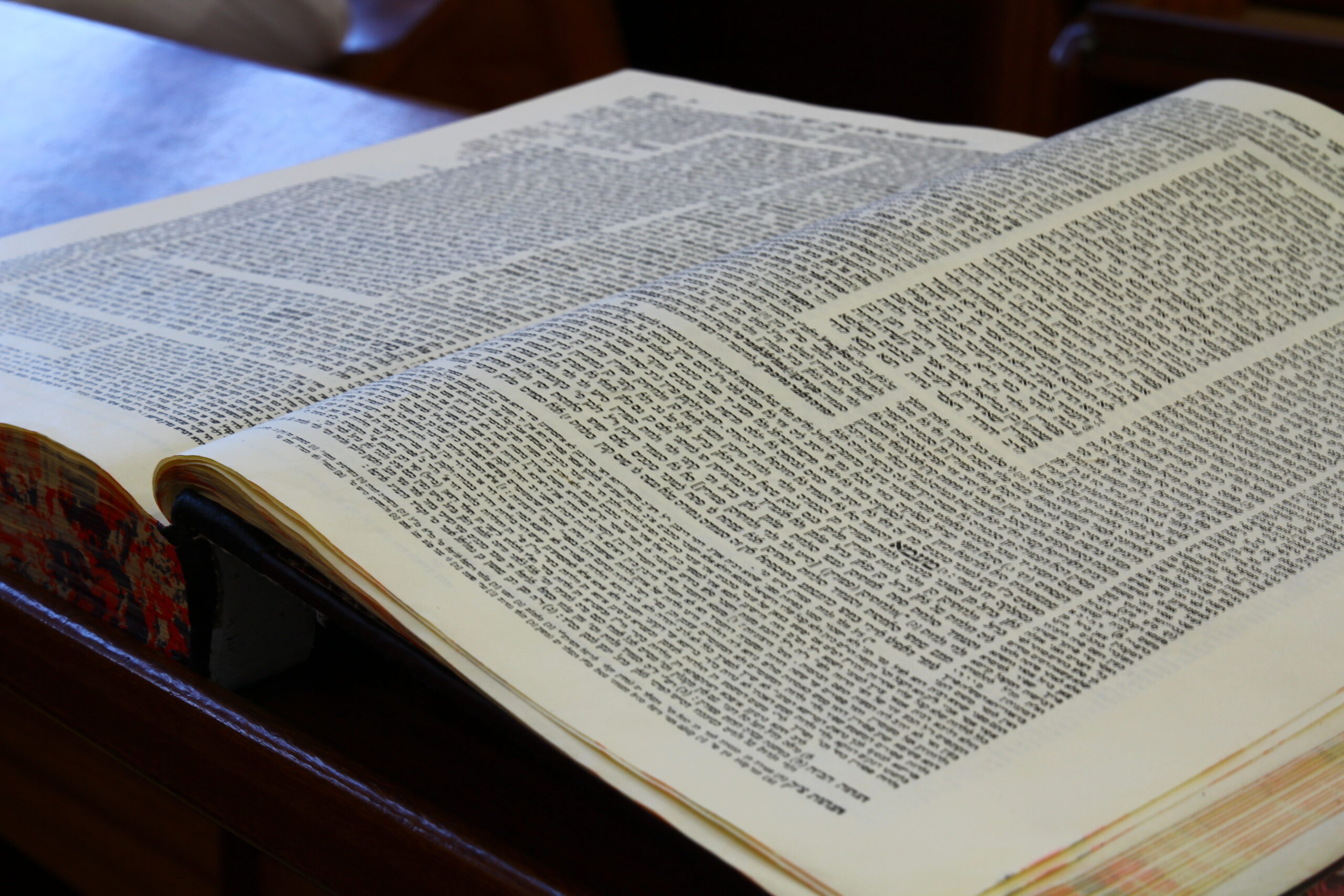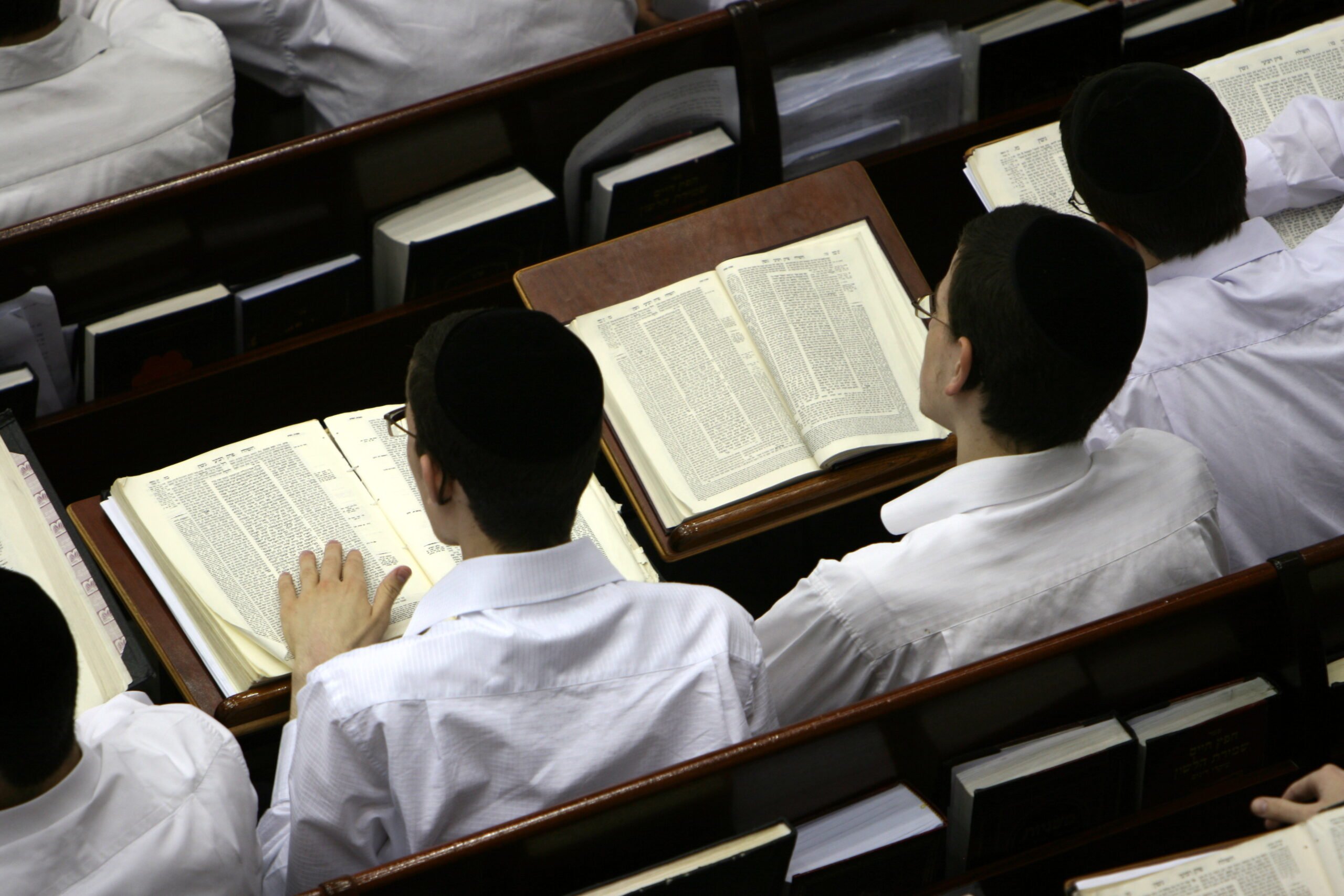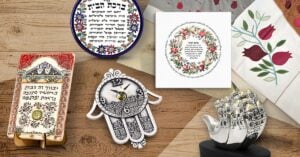Aside from its application to Jewish law, there are numerous reasons people still study the Talmud today, no matter where they are coming from.

Ethical Teachings
Certain bodies of the Talmud deal explicitly with ethics and morals, such as Pirkei Avot, or analyze Torah figures in such a way as to glean moral teachings. In truth, many other matters, even they come across as dry and legalistic, are still concerned with morality, such as such as duties to one's neighbors, developing sensitivity to others' needs, and deducing truth from uncertainty.
Connection to History
The Talmud is an excellent way to both see a snapshot into life 1500-2000 years ago, but also looking through commentaries written over the following centuries, it is easy to connect to an unbroken chain of Jewish thought on basically any topic one can imagine. It is not an evolution per se, but rather a collective effort of countless brilliant minds to get to the truth.
It's Torah!
Just as a anyone might delve into the weekly Torah portion—even if it deals with matters no longer applicable at our moment in history—learning any part of the Talmud likewise engaging with Torah. It is a way to connect with God, to understand the logic that underpins any situation, and it can bring about enormous joy and interest to a curious mind.
